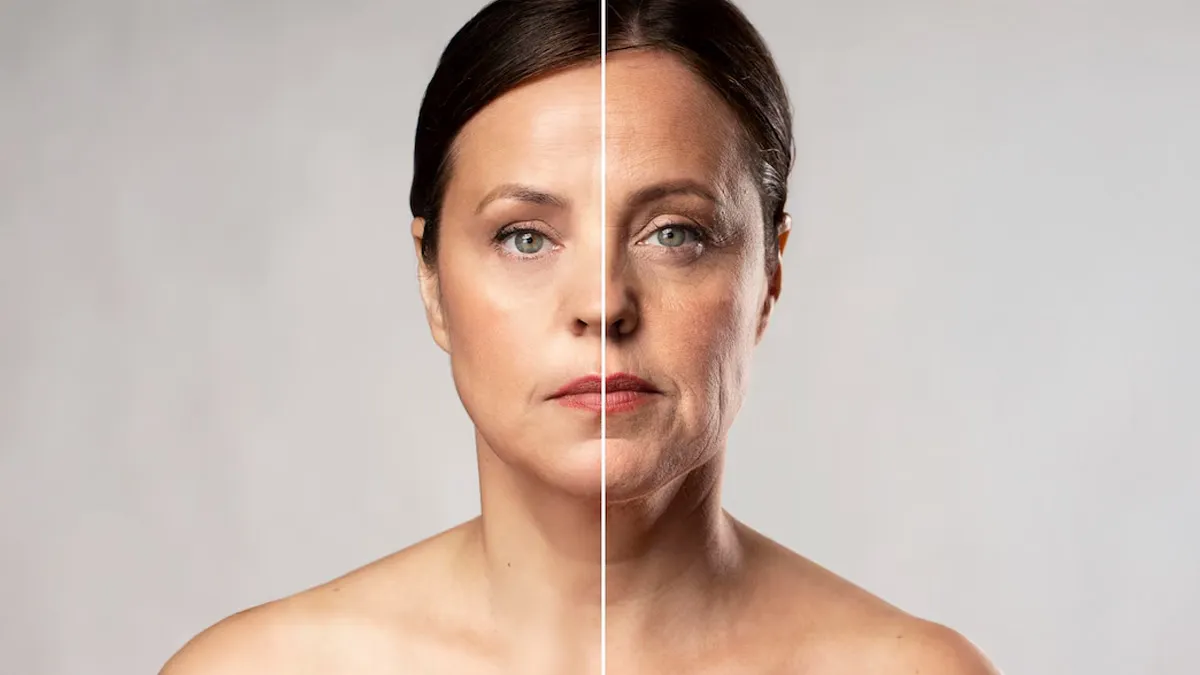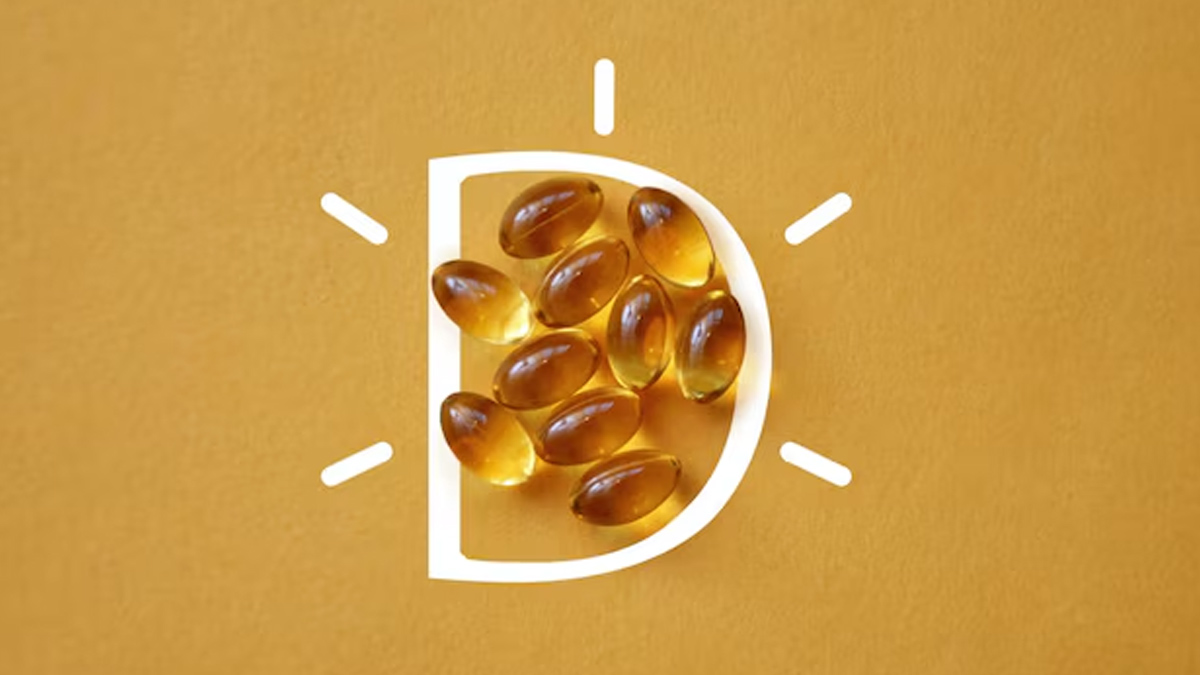
Vitamin D is often praised for strong bones and immunity, but there’s more to this sunshine vitamin than we thought. New research shows it could actually slow down your body’s ageing process by as much as three years. The best part? It all comes down to getting the right daily dose. Here’s what the science says and how much Vitamin D you really need.
Table of Content:-
The Science: Telomeres, Ageing, and Vitamin D

The secret is in your telomeres, tiny little protective caps at the ends of your chromosomes that slowly get shorter as we age. Shorter telomeres are associated with age-related diseases, including cardiovascular disease and cognitive impairment. A randomised placebo-controlled trial among over 1,000 adults in the VITAL study found that daily supplementation with 2,000 IU of Vitamin D₃ slowed telomere shortening by the equivalent of nearly three years of ageing within four years.
This is not a single instance—many institutions highlighted that vitamin D supplements maintain telomere length and slow down cellular ageing. The bottomline is that vitamin D can help keep your DNA intact and reverse some of your biological clock.
Also Read: Can Vitamin D Deficiency Cause Depression? Psychiatrist Weighs In
How Much Vitamin D Should You Take Safe and Smartly?
Navigating dosage can be confusing, but here's what health authorities recommend:

Recommended Daily Allowance (RDA)
- 600 IU (15 µg) for most adults under 70
- 800 IU (20 µg) for those over 70
- Typical Supplement Range: Most experts recommend that 1,000–2,000 IU daily is usually safe and may be enough to help maintain adequate blood levels
- Upper Safe Limit: Up to 4,000 IU/day is considered safe for healthy adults. Going above this may raise the risk of vitamin D toxicity, excess calcium in the blood that could affect your heart or kidneys.
What This Means for You: Practical Takeaways
If the idea of being biologically 'three years younger' sounds appealing, aiming for around 2,000 IU of Vitamin D₃ daily aligns with the ageing study, and remains within the safe zone.
But here's the catch:
Supplements are not one-size-fits-all. Your needs depend on factors like age, lifestyle, sun exposure, diet, skin color, and health status. For instance, people with darker skin or limited sun exposure may need more support.
Also Read: Link Between Vitamin Deficiencies And Hair Loss | Expert Shares Tips To Restore Balance
Safety First: Don’t Overdo It
Vitamin D is fat-soluble, it builds up in your body. Overdoing it will cause symptoms, such as nausea, confusion, kidney discomfort, and arrhythmia. So always:
- Get your blood levels checked with your physician before taking high doses
- Stay within the 4,000 IU/day upper limit unless prescribed
- Pair supplements with Vitamin K₂ and magnesium whenever possible for optimal absorption and bone maintenance
Bottomline
Vitamin D isn't just for bones anymore, it may be a secret to slowing down cellular ageing. The VITAL trial brings this into focus: 2,000 IU daily may keep your telomeres intact and trim years off your biological age. However, before making any dietary changes, talk to your healthcare professional, have them check your levels, and supplement responsibly, because even sunshine's best friend has boundaries.
Also watch this video
How we keep this article up to date:
We work with experts and keep a close eye on the latest in health and wellness. Whenever there is a new research or helpful information, we update our articles with accurate and useful advice.
Current Version